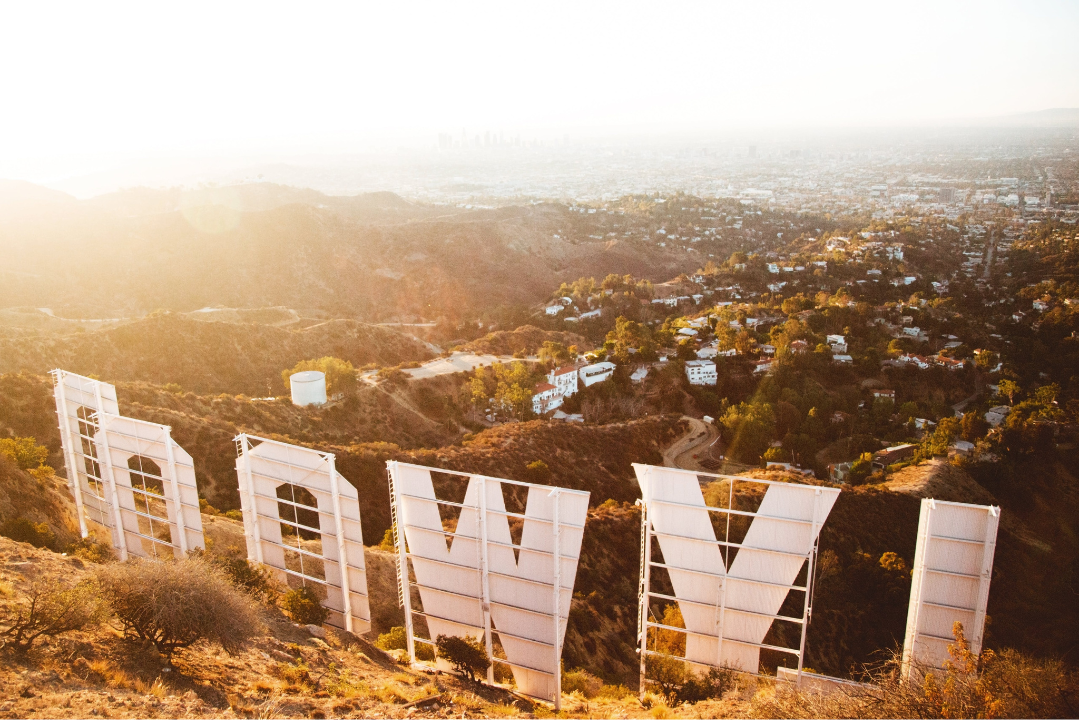I was 18. Legally an adult. But emotionally? Still tangled in the kind of parent-child dynamics that make you think you’re not allowed to make decisions without permission, even though you can vote, get married, and, apparently, be cast on national television.
This was the MySpace era. Before influencers. Before Instagram filters. Before everyone curated their trauma into bite-sized content. Somehow, in that chaotic mess of HTML profiles and Top 8 drama, I got connected with real-deal people from MTV. One of them—Christina—called me. Not emailed. Called. She said, “If you can get yourself out to L.A., we’ll talk reality TV.” She didn’t say what show. It could’ve been Room Raiders, Next, or something equally absurd. Or maybe—just maybe—I could’ve been the next Snooki.
We’ll never know.
Because I didn’t go.
Not because I didn’t want to. I did. God, I did.
But when I told my parents, my mother absolutely lost her shit. She didn’t just discourage me—she forbade it. She told me I’d go with “only the clothes on your back,” and that she’d make sure I never even made it to the airport—whatever kind of crazy that meant. And honestly? I believed her. Because this was a woman who was known to take my car keys and sit on top of me to stop me from going anywhere local on occasion.
Control in our house wasn’t abstract. It was bodily. Tactical. Loud.
She didn’t say you might fall apart. She said I’ll make sure you don’t leave me.
And I didn’t.
Because back then, I didn’t know the difference between love and captivity. I thought being a “good daughter” meant forfeiting my own freedom to keep the peace.
The kicker? I was already falling apart. Just quieter. More obedient. Easier to control.
And sometimes, I think… thank God I didn’t go.
Because here’s the truth I don’t like to say out loud: I was already prone to addiction. Already flirting with self-destruction. Already wired for chaos and validation and chasing anything that made me feel alive instead of hollow.
If I’d gotten on that plane, would I have ended up on TV? Maybe.
But would I have survived it?
Would I have been swallowed whole by the pressure to be entertaining, marketable, wild?
Would I have partied myself into oblivion in a Hollywood Hills bathroom, surrounded by strangers who called themselves friends?
Would I have loved the camera because it saw me, until I needed it just to know I existed?
That version of my life might’ve looked glitzy on the outside—and been brutal on the inside.
And for someone like me—someone already carrying the weight of childhood trauma, abandonment, and a desperate need to be chosen—it might’ve killed me.
So yeah. Sometimes I wonder what would’ve happened if I’d gone.
And sometimes I wonder if not going was the thing that saved me.
Here’s what I know now:
That girl wasn’t reckless. She was ready.
She wasn’t delusional. She had a dream.
And even though she never made it to L.A., she’s still here.
Still telling her story—just on her own terms this time.
And yeah—maybe she dodged a bullet.
But sometimes? She wonders if she also unwillingly dodged her big payday.
It took me years to understand that what happened wasn’t just a “bad parenting moment.”
It was enmeshment.
In families like mine, there are no boundaries—just blurred lines between love, control, fear, and loyalty. You’re not raised to individuate. You’re raised to comply.
To stay close.
To stay small.
And the thing is? That kind of emotional captivity doesn’t always look violent.
Sometimes it sounds like “You’ll break your mother’s heart.”
Sometimes it is your mother’s heartbreak.
Sometimes it looks like filling out college applications, writing the essays, doing all the work to imagine a different kind of life, only to have your father refuse to write the check to send them.
Not because we couldn’t afford it.
But because if I got in, I might go.
So I didn’t.
I went where I was allowed: Penn State University, first-year Professional Writing program—which was exactly as underwhelming as it sounds.
I didn’t choose it. They did.
Because they went there.
Because it was their legacy, not mine.
CPTSD doesn’t just come from what was done to you.
It comes from what was withheld: freedom. Autonomy. Safety. Clarity.
Not going to L.A. didn’t just cost me a dream.
It revealed the depth of the psychological cage I didn’t yet know I was living in.
That girl on the phone with MTV?
She wasn’t just choosing between home and Hollywood.
She was standing at the edge of a system she didn’t know how to leave.
And that—
That’s what enmeshment feels like.
And it doesn’t stay in the past.
Even now, decades later, I still catch myself asking for permission I don’t need.
I still feel guilt when I take up space.
I still second-guess my choices in jobs, in relationships, in parenting—especially when they serve me.
That old wiring runs deep.
The difference is: now I can see it.
And every time I name it out loud, I loosen its grip.
